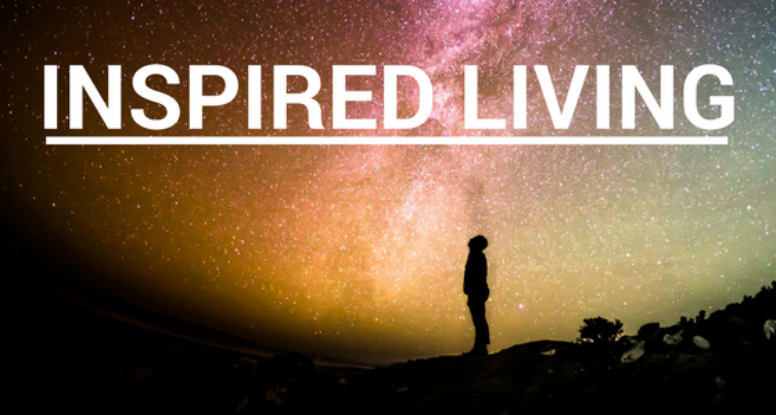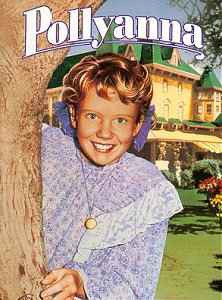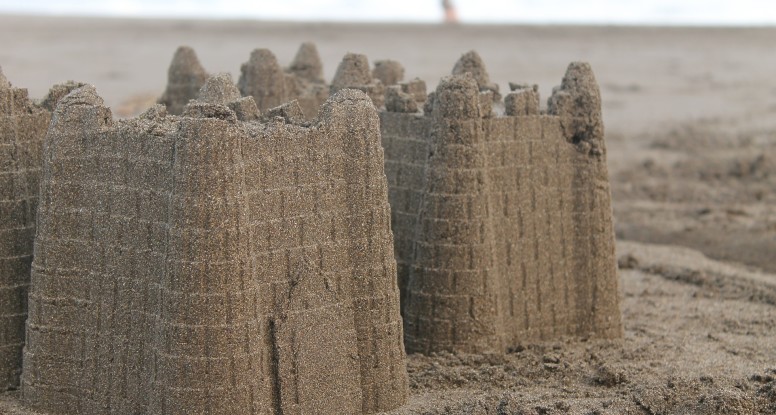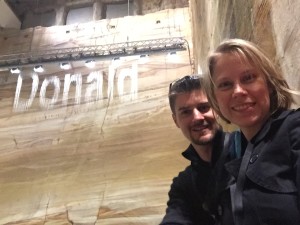I broke out in shingles the day Donald Trump won the U.S. Presidential Election. As I stared at my computer in disbelief, I felt the rash burning on my back and belly, which had been aching for several days (I had ignored the pain thinking it was just a strain from carrying the boys).
The GP confirmed that I had shingles and told me to “rest.” As if that were possible with a 3.5-year-old and a 6-month-old! For the next several days, I struggled to “stay positive” as Joshua refused to take the bottle and I questioned whether taking the anti-viral medication was the best thing to do. I still had to pump and discard every 3 hours, which meant that the elusive “rest” was even harder to get despite Roy and my friends’ generous help and support. Even when I could lie down, sleep would not come and the pain and discomfort haunted my dreams.
Reading about shingles on Google only increased my fears and anxiety – what if I developed post-herpetic neuralgia, a complication of shingles that results in chronic pain so bad that some people commit suicide? What if Joshua got chickenpox? What if the rashes spread?
On Monday, I hit a breaking point. I was too overwhelmed and exhausted. I curled up into a ball (on the side that was rash-free) and cried.
I thought about Job and how my troubles were so light compared to his. I had friends going through far worse. I knew that I had so much to be grateful for, and yet – the tears kept flowing.
I prayed and tried to find comfort in the Psalms, a collection of poems that express the gamut of human emotions.
“As the deer pants for streams of water,
So my soul pants for you, my God.
My soul thirsts for God, for the living God.
When can I go and meet with God?
My tears have been my food day and night,
While people say to me all day long,
“Where is your God?” Psalm 42:1-3
But the words blurred in my mind as I tried to blink away the fears that filled my heart.
My soul thirsted for peace and comfort. I wanted God to come and hold me.
You know what? He didn’t come.
But caring friends delivered delicious food. Prayers were said on my behalf. Roy took care of the children and cleaned the kitchen while I took one of the best naps I have had in a long time.
I woke up feeling not only physically improved but emotionally rested and spiritually refreshed.
The rest of Psalm 42 came to my lips as a song:
“Why, my soul, are you downcast?
Why so disturbed within me?
Put your hope in God,
for I will yet praise him,
my Savior and my God…
By day the Lord directs his love,
at night his song is with me—
a prayer to the God of my life.” Psalm 42:5,8
He had come after all – not like a mighty wind blowing away the tears, nor like a fire burning down the fears, but like a constant friend, a loving partner, and the sweet, healing slumber of a weary soul.
As water to the thirsty,
as beauty to the eyes,
as strength that follows weakness,
as truth instead of lies,
as songtime and springtime
and summertime to be,
so is my Lord,
my living Lord,
so is my Lord to me.
Like calm in place of clamor,
like peace that follows pain,
like meeting after parting,
like sunshine after rain,
like moonlight and starlight
and sunlight on the sea,
so is my Lord,
my living Lord,
so is my Lord to me.
As sleep that follows fever,
as gold instead of grey,
as freedom after bondage,
as sunrise to the day,
as home to the traveler
and all we long to see,
so is my Lord,
my living Lord,
so is my Lord to me.
Words: Timothy Dudley-Smith




